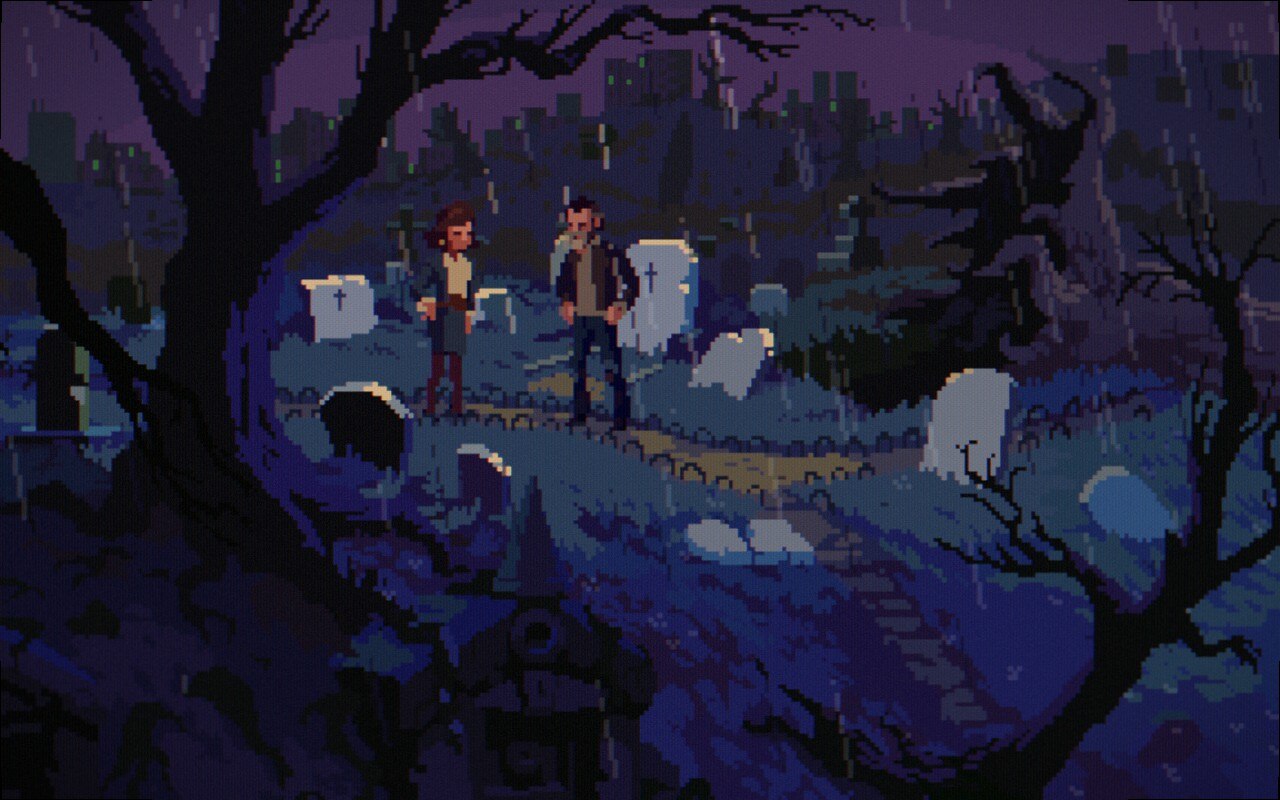This charming RPG makes a great case for a difficulty below easy
More games should let you breeze through to enjoy their brightest moments.
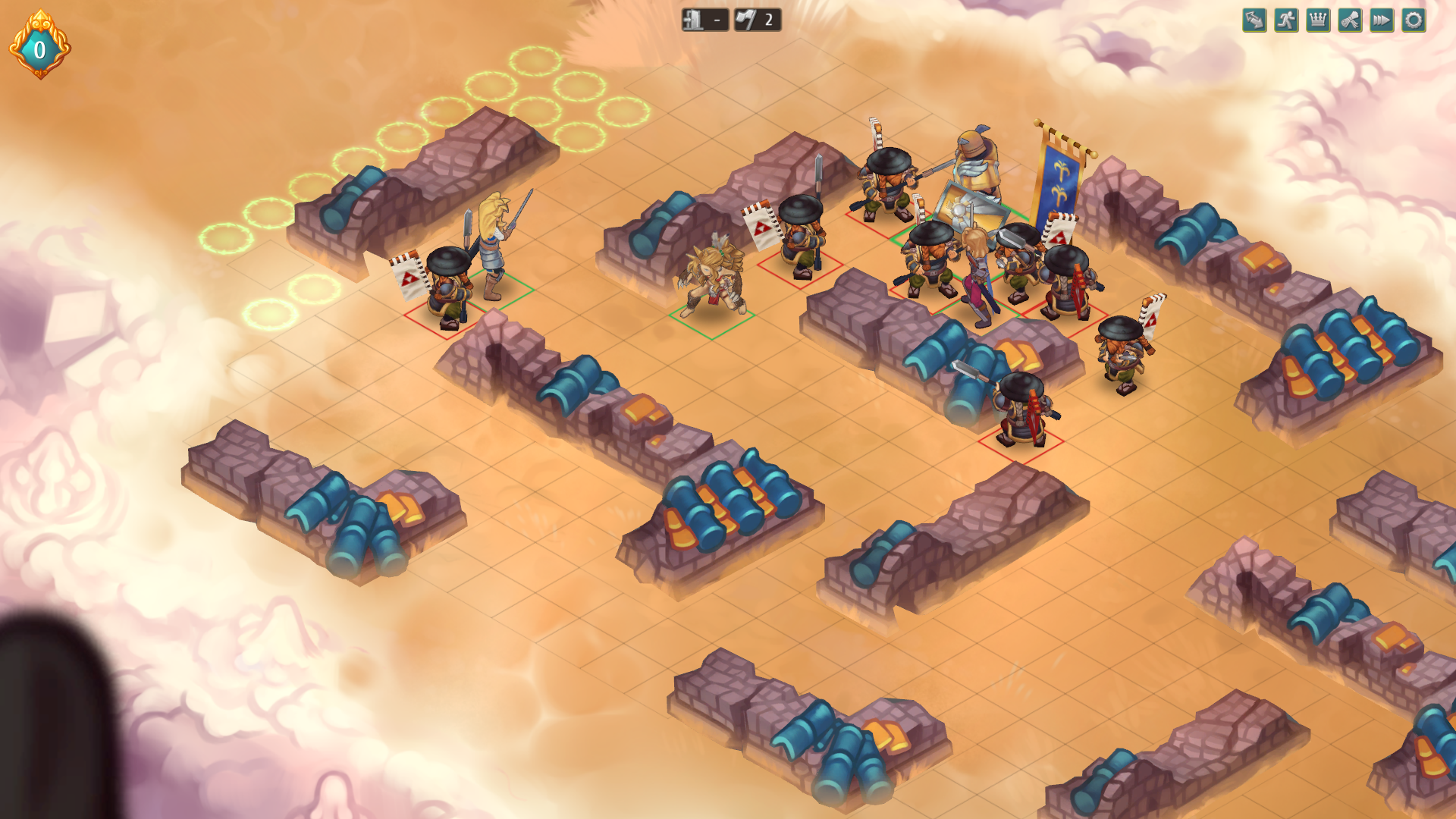
I finished Thief: The Dark Project on Expert difficulty, just in case you're already about to come at me with some of that “git gud” nonsense. I stole light back from a god and got all the loot along the way without killing a single human being. Doing that ate a huge chunk of my life when I had nothing better to do with it, and that's a valuable thing a challenging game can do. But I also think games should be for everyone, and that there's no shame in knocking down the difficulty so you can blitz through a story mode over the weekend to let off some steam. And that's why, though there are a lot of things I like about Regalia: Of Men and Monarchs, the fact its robust difficulty options let you make it easier than Easy is one of the things I like best.
So what the hell is Regalia? It's an indie RPG from a small Polish team called Pixelated Milk, a game about inheriting a run-down little kingdom and piecing it back together. There are text-based interactive quests straight out of a choose-your-own-adventure book, an upgradeable town hub to manage, a bit of light crafting, and a cast of colorful anime-looking characters with vignettes and backstories to unlock. There's even a fishing minigame.
There's also turn-based combat. I like turn-based combat. Give me Pool of Radiance or The Temple of Elemental Evil over Baldur's Gate 1 any day. But Regalia's combat is inspired by JRPGs, which means that even the tutorial rats have hundreds of hit points, there's level-scaling, the line-of-sight rules are fussy, and every attack is some special attack with an area of effect or status modifier or arcane interaction with other abilities to consider. That may sound exciting, but, well, it's a bit of a slog. To misquote The Incredibles, "When every attack is special none of them are."
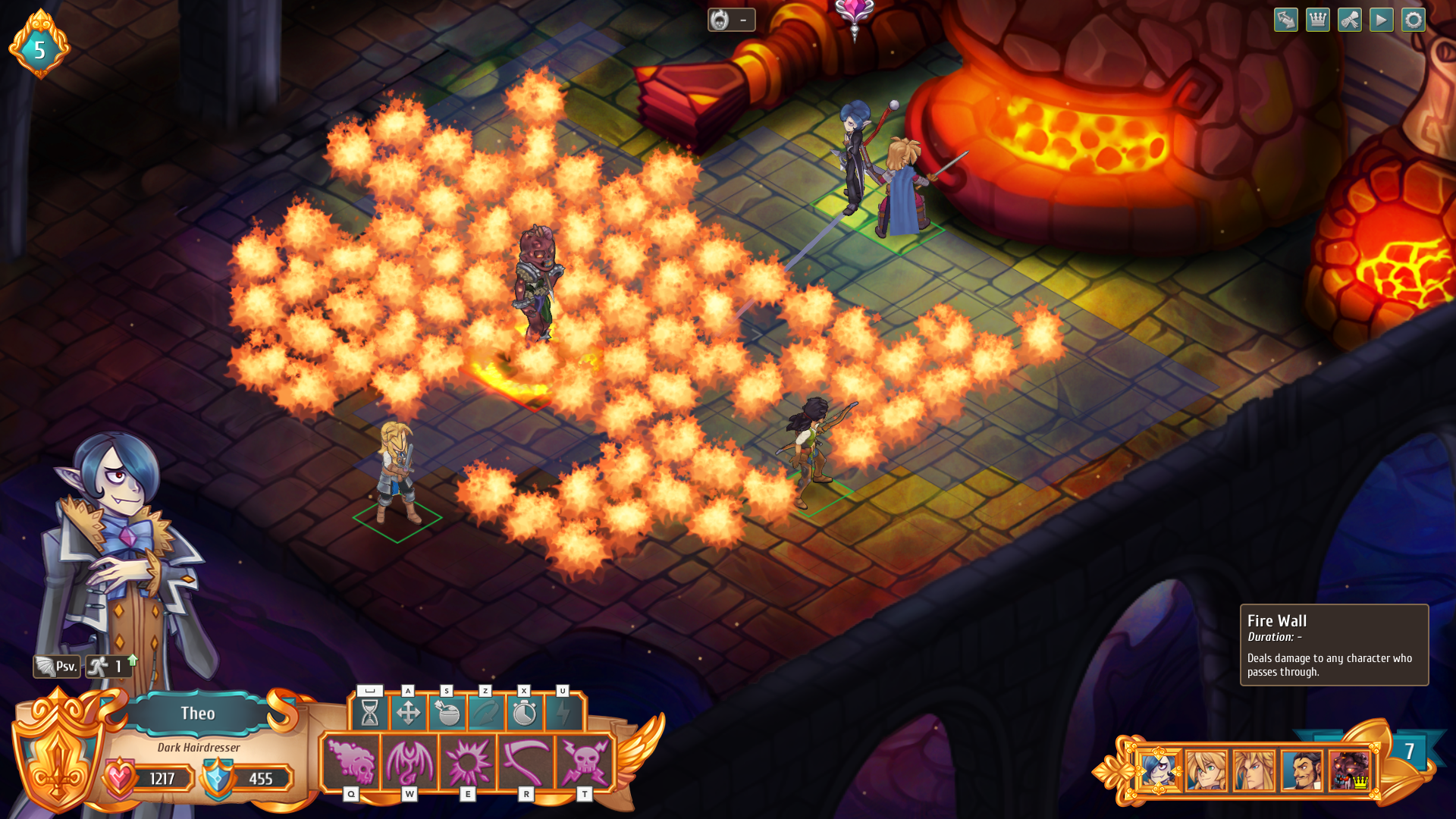
By the time I was facing beetles who had thousands of hit points I kicked the difficulty down, and it was an immediate improvement. There are separate sliders for multiplying how much damage you deal and how much you soak, so if you think your fire witch should be able to incinerate a bandit with a single Inferno spell, you can make it so. (The sliders go in both directions, so masochists can make things harder if they like.) Enemy dodge abilities can be toggled off entirely while another toggle gives bonus Authority points, which power your ultimate attacks. If Regalia's difficulty settings had lips I would kiss them and they would be soft like little pillows.
If Regalia's difficulty settings had lips I would kiss them and they would be soft like little pillows.
On the lowest setting there's an auto-win button that lets you say, "You know what? Let's assume my party, consisting of a suit of armor possessed by the ghost of a witch hunter, a wild woman with Wolverine claws, and a vampire hairdresser with ice magic, can just beat these scrubs and move on." If I could legally marry this button I would consider it.
Not every battle in Regalia is boring, though. When I had to fight a group of zombies trapped in an eternal queue at a temple of the god of bureaucracy, that was fun. A battle in a field of spreading fire, a siege involving samurai dwarves, a final encounter with the jerk claiming I was a pretender to the throne, even the wheat field full of wolves who buffed each other by howling—those were all memorable. They involved interesting positioning, or unusual enemies. It's just that there were too many rats and skeletons and bandits between them, and skipping over those battles to get to the good stuff made the game better.
When it was announced Mass Effect 3 would have a Narrative mode in which combat was trivial, the usual suspects were furious. It turned out that game had great combat, but it still wasn’t the main draw for a lot of players. The conversations, the RPG leveling, and the hanging out in exotic places with cool people you might kiss is more than enough game for plenty of players who would otherwise be discouraged by all that cover-shooting and head-shotting. Regalia is much the same, and more games should have the confidence to let you play them how you want.
Keep up to date with the most important stories and the best deals, as picked by the PC Gamer team.
Some people will love Regalia's combat, and that's fine. Some people will think it's the point of the entire game, and that to simplify or skip it is to ruin the experience. That I'll disagree with. I didn't do much crafting or fishing, but I did spend a lot of time engaging with another of Regalia's systems by talking to my subjects and companions.
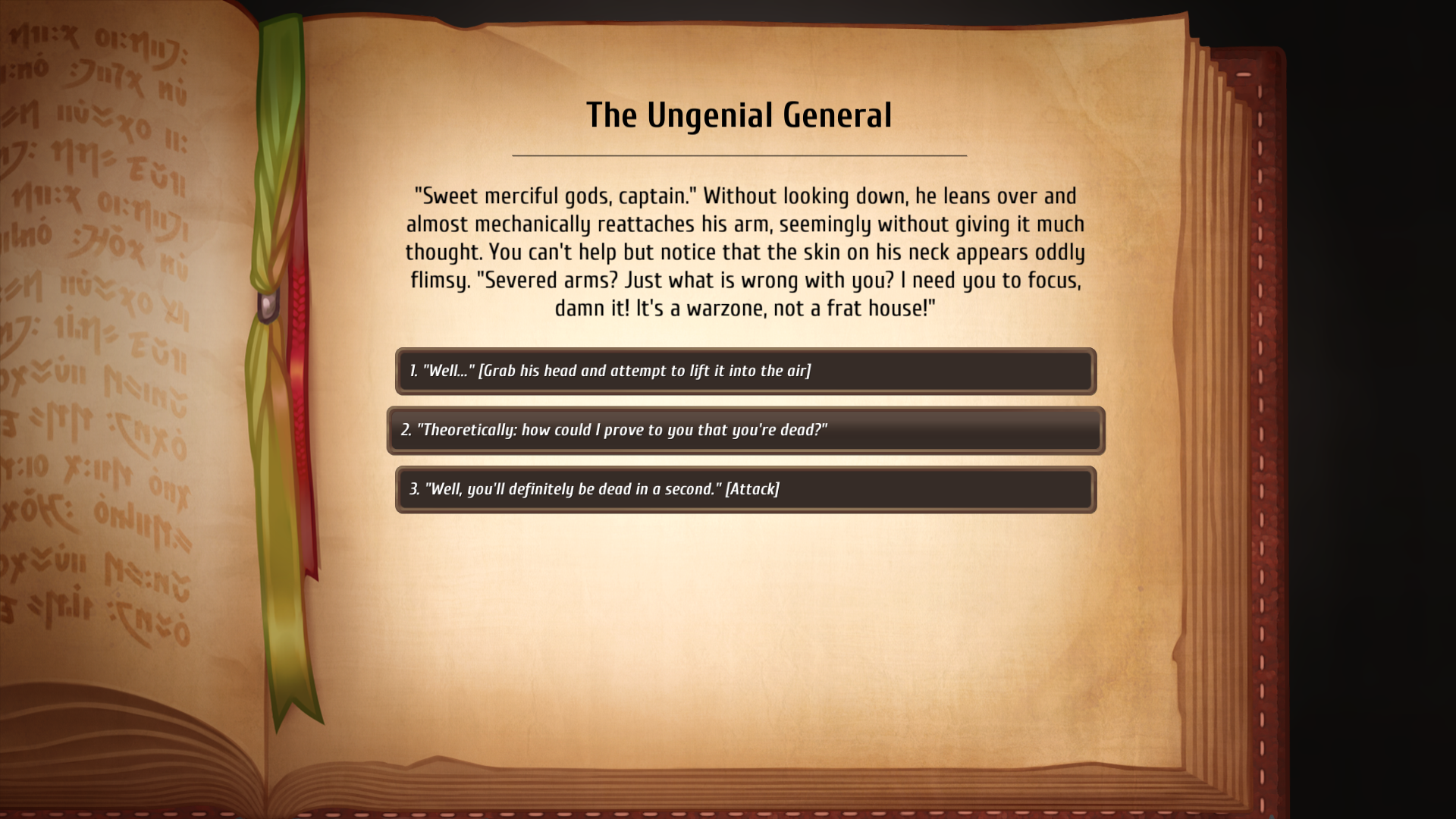
Regalia is a bit like Recettear: An Item Shop's Tale or the Persona series in that finding the right day of the week to spend time with people enhances your bond, unlocking conversations where you get to know them. The tone of these scenes is light-hearted, referential and self-aware. When I investigated my loyal bodyguard's dark secret I expected some BioWare-style plot twist and instead found out his hidden shame is that he collects Warhammer miniatures. It's delightful.
Here's another example. During a text adventure I met an army of the undead with a zombie general who mistook me for one of his captains; it turned out he thought he was still alive, and was fighting a war everyone else knew was long over. I tried to explain but he wouldn't have a bar of it without proof in writing. So I traveled to one of the bureaucracy god's temples, found a death certificate, and showed it to him. Presented with incontrovertible proof of his own demise, the general realized he was finally free of obligation and his war was over. With a final salute, he and his soldiers silently laid down to rest. I took his fancy hat and now wear it in his memory.
Regalia is full of odd but touching moments like this, jokes and quirky asides and silliness. If I hadn't been able to knock the difficulty down to 'just give me the story' level I'd probably never have found them.
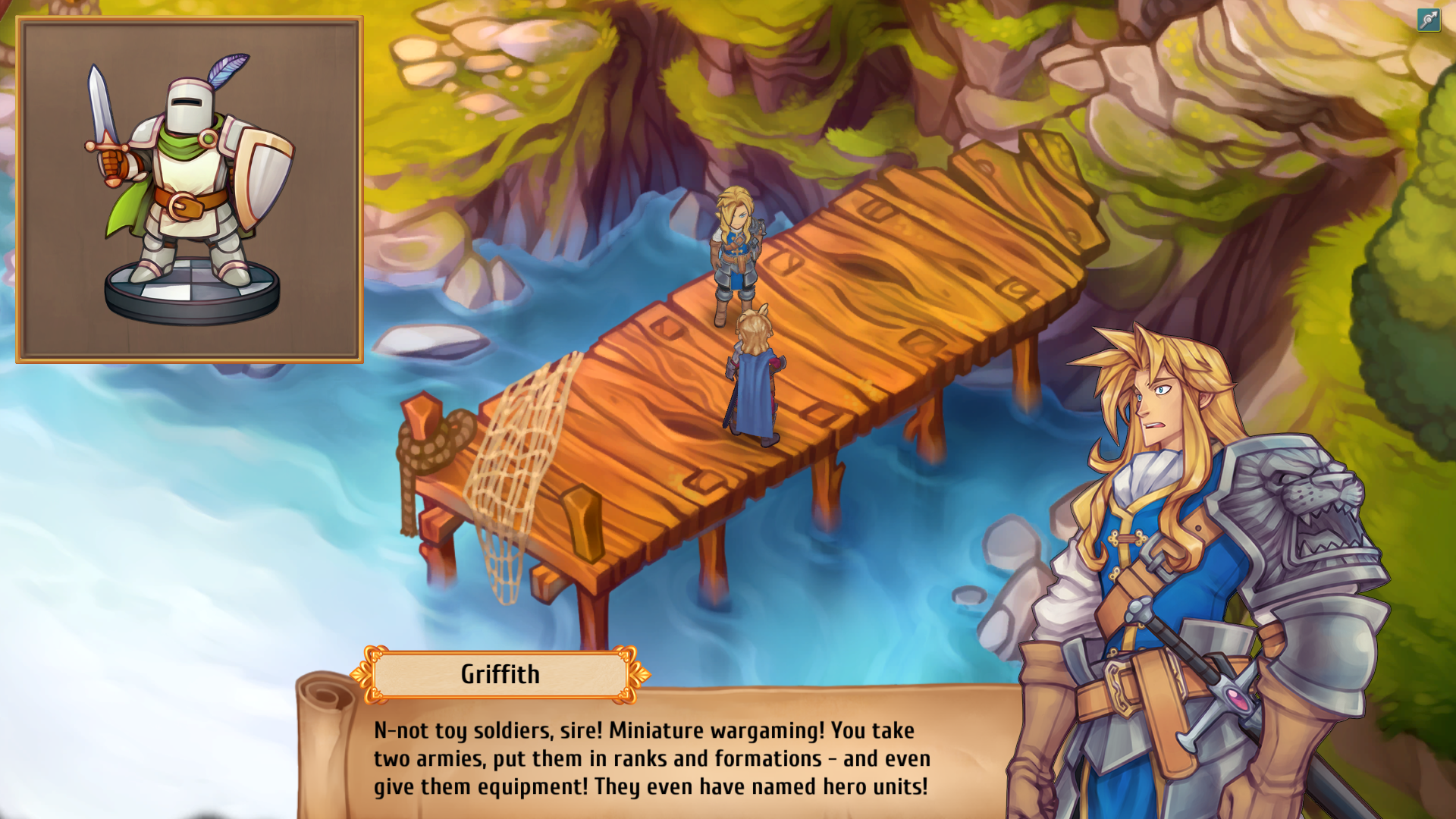
So many games go back in the pile because of that one difficulty spike, the one ridiculous boss fight, the underwater level, the bit where the save points are too far apart, never to be finished. I'm sure there's stuff in them that's equally good—memorable characters and unexpected story beats, smart combat encounters that stand out from the rest—and I'll never see it, because I couldn't just flick the switch over to casual. It's not just about making a game easier, but being able to fold a part of it away to get at the rest, to highlight what might otherwise stay obscured. In Regalia's case, obscurity would be a damn tragedy.

Jody's first computer was a Commodore 64, so he remembers having to use a code wheel to play Pool of Radiance. A former music journalist who interviewed everyone from Giorgio Moroder to Trent Reznor, Jody also co-hosted Australia's first radio show about videogames, Zed Games. He's written for Rock Paper Shotgun, The Big Issue, GamesRadar, Zam, Glixel, Five Out of Ten Magazine, and Playboy.com, whose cheques with the bunny logo made for fun conversations at the bank. Jody's first article for PC Gamer was about the audio of Alien Isolation, published in 2015, and since then he's written about why Silent Hill belongs on PC, why Recettear: An Item Shop's Tale is the best fantasy shopkeeper tycoon game, and how weird Lost Ark can get. Jody edited PC Gamer Indie from 2017 to 2018, and he eventually lived up to his promise to play every Warhammer videogame.

